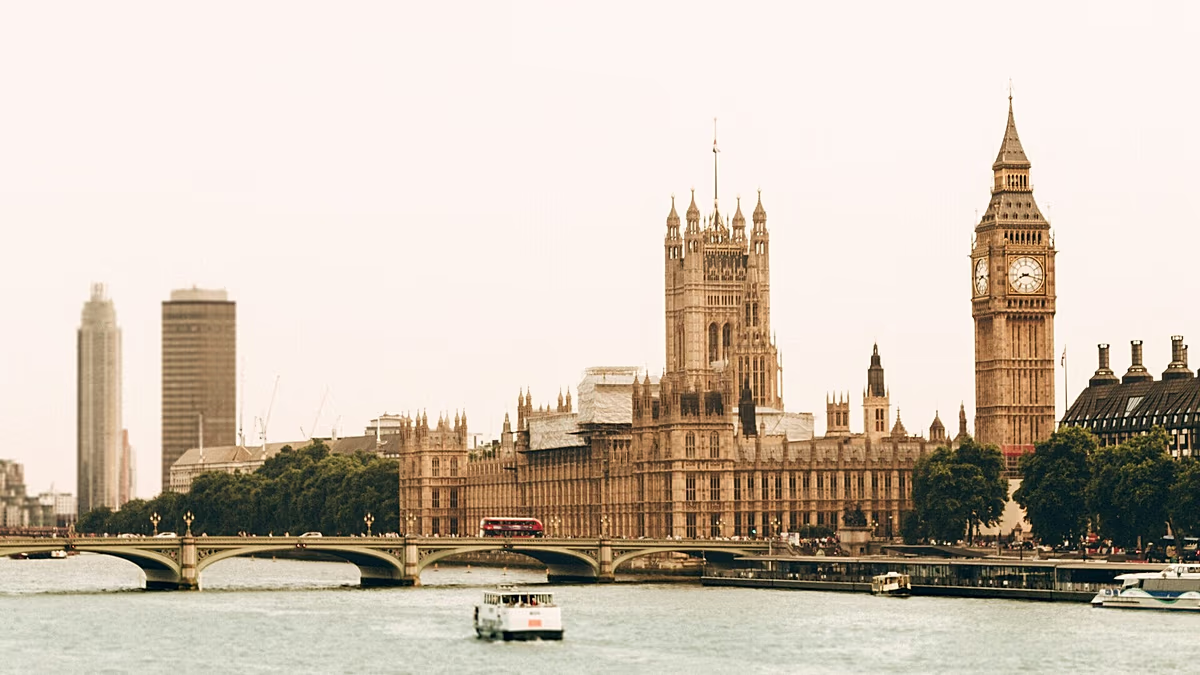England to Join Rest of UK in Introducing Tourist Tax: What Travelers Need to Know
Overnight visitors to England may soon notice a new charge on their accommodation bills as the UK government has announced plans to allow city mayors to implement tourist taxes. This “modest” levy would apply to hotels, B&Bs, holiday rentals, and other paid lodgings, bringing England in line with Scotland and Wales, which are already implementing similar measures. The government states that revenue from these taxes will be directed toward improving transportation, infrastructure, and the broader travel economy in the regions where they’re collected. However, the hospitality industry has voiced strong concerns, arguing that these additional costs come at a time when travelers are already facing high prices.
The proposed system would empower mayors across England to establish local visitor levies, with the revenue being reinvested directly into their communities. Government officials suggest the funds could support various initiatives, including transportation upgrades, enhancement of public spaces, cultural programs, and general improvements to the visitor experience. With England attracting more than 130 million overnight stays annually, officials believe that even a small surcharge could significantly enhance public infrastructure and services without increasing central government spending. Scotland is already moving forward with its own version, with Edinburgh set to implement a 5 percent room-per-night tax beginning July 2026, while Welsh local governments will be able to charge £1.30 (€1.50) per person per night starting in April 2027.
Many prominent British leaders have welcomed the proposal, including London Mayor Sadiq Khan, who called it “great news for London” and committed to working closely with hospitality and tourism sectors to maximize benefits. Liverpool Mayor Steve Rotheram pointed to cities like Barcelona and Paris, which raise “tens of millions each year” through similar schemes, arguing that such fees would help fund major events and enhance local infrastructure. Manchester Mayor Andy Burnham suggested that a levy would help “sustain good growth over the next decade” for the region’s already thriving travel economy. Mayors from the West of England, West Yorkshire, York and North Yorkshire, and the North East have also expressed support, emphasizing how even small fees could strengthen transportation networks, fund cultural festivals, and support the maintenance of heritage sites.
Despite political support, hospitality industry representatives have voiced significant concerns about the proposal. Kate Nicholls, chair of the trade association UKHospitality, characterized the plan as a “damaging holiday tax” that could cost the public up to £518 million (€588 million) according to their analysis, with these costs inevitably being passed on to consumers. She warned that if the levy were set at Edinburgh’s planned 5 percent of total accommodation costs, “it will effectively increase the rate of VAT to 27 percent for working people who want to enjoy a holiday in the UK.” The government has opened a 12-week consultation period ending on February 18, which will address how these tourist levies should be designed, whether caps are necessary, and what exemptions should apply. Current plans already exempt emergency accommodation, homeless shelters, and registered Gypsy, Roma, and Traveller sites used as primary residences, with mayors having the flexibility to add other local exemptions as needed.
The UK is following an established European trend, as more than a dozen EU countries already implement tourist taxes in select cities, from Austria and Belgium to Greece and Slovenia. These charges typically range from €1.50 per night to a percentage of the hotel bill, collected during check-in or check-out. Some destinations have implemented more substantial fees, such as Venice, which introduced a €5 charge for day visitors in 2024 and has since doubled it to €10. In Spain, Catalonia has charged a tourism tax since 2012, with Barcelona implementing significant surcharges. The city increased its surcharge last October to a maximum of €4 per night and has approved a plan to raise it by €1 annually until it reaches €8 in 2029, on top of the Catalan tourist tax, which is expected to increase to a maximum of €7 per night for five-star hotels.
Throughout Europe, revenue from tourist taxes funds a wide variety of public needs, from environmental protection and public housing to cultural programming and major events. UK ministers maintain that their version will be similarly reinvested into local communities and, if kept at reasonable levels, will have “minimal impact” on visitor numbers. The upcoming consultation period will be crucial in determining the final structure of these levies across England, with stakeholders from both government and industry expected to weigh in on finding the right balance between generating revenue for local improvements and maintaining the UK’s competitiveness as a tourist destination. As the tourism industry continues to recover from the pandemic, the implementation of these taxes will need careful consideration to ensure they benefit local communities without deterring visitors during a time of already elevated travel costs.









